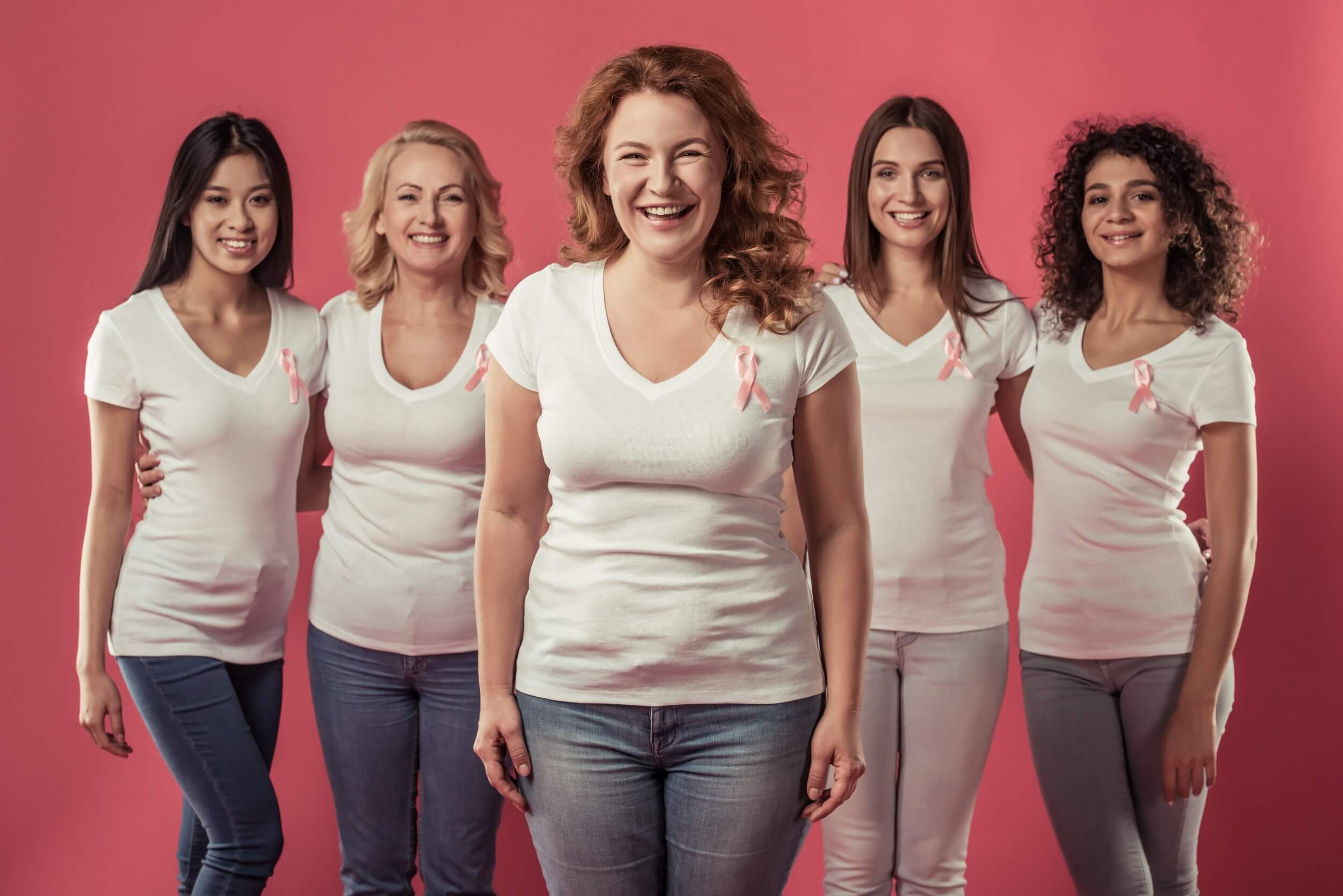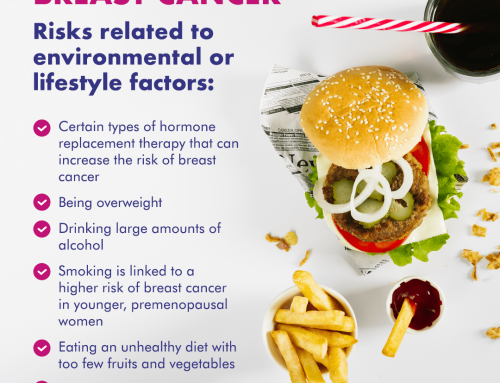By Dr Fatima Hoosain
The big question: Are contraceptives safe??
Advances of the 21st century have brought all kinds of helpful medical interventions to be grateful for. Contraception is likely one of the most welcome interventions for women. By providing women the option of family planning, they are able to advance their careers and pursue goals that only men were capable of historically – all whilst having a perfectly fulfilled sexual life.
Contraception is not only advantageous to the women using it, but also to the children of those who are mothers, as well as their partners, as better planned children are generally given better opportunities and often receive more attention – resulting in better-rounded and more self-sufficient and successful adults. These findings were published in a study by the United Nations in 2015.1
According to the United Nations in 20151research, an estimated 64% of sexually active women in their reproductive years make use of contraception worldwide, which accounts for women between the ages of 15 and 49. This is a colossal amount of women that need to make informed decisions regarding their use of contraception and hormonal contraception in particular.
Hormonal contraceptives have well known side effects such as venous thrombo-embolism, migraines, dizziness and fatigue. This article takes a closer look at the risk of breast cancer that is associated with hormonal contraceptive use.
A study performed in Denmark and published in the NEJM2 (New England journal of medicine) in 2017 found its way into media and seemed to draw a correlation between increased breast cancer risk and the use of hormonal contraceptives, which was misconstrued.
Some of the burning questions relating to this study and others are answered below.
Q: What do we know about breast cancer and hormones?
A: It is well documented that the hormone oestrogen promotes the development of breast cancer, which is the leading type of cancer in women worldwide. The role of the hormone progesterone, however, is far more complex. Many of the studies that looked at the associations between hormonal contraceptive use and the incidence of breast cancer were conducted on combined oral contraceptives – often with contraceptives containing high doses of oestrogen rather than the newer ones with lower doses of oestrogen; or progesterone only contraceptives like the Mirena IUCD. Another issue with many of the older studies is that they often looked at the breast cancer risk inferred upon the post-menopausal population rather than the risk inferred in women in their reproductive years (especially since this is the population using contraceptives).
Q: But could your birth control device or medication be increasing your risk of breast cancer?
A: Several well researched articles have been published over time. The 2017 study in Denmark2 was a nationwide prospective cohort study that assessed the associations between the use of hormonal contraception and the risk of developing invasive breast cancer. The study collected data from 1.8 million women who were monitored for 10.9 years on average. A total of 11,517 cases of breast cancer occurred.
Q: Did this particular study find links between hormonal contraception and breast cancer?
A: The simple answer is yes, there is an increased risk of developing breast cancer when using hormonal contraception, however there are many other factors at play.
In this particular study, the relative risk increased from 1.09% in women with less than 1 year of use to 1.38% in women who had been using hormonal contraception for more than 10 years. Furthermore, after discontinuation of the hormonal contraceptive, the risk of developing breast cancer remained higher in those who had used it for longer than five years in comparison with those that did not use hormonal contraception. Additionally, limited information from various studies tends to suggest that use from a young age may confer a higher risk than initiation of use later.
It is important to note, however that the absolute increase in risk is small. The findings of this study are in keeping with other studies on the same subject.
Q: What are the key insights I should note from this study?
A: The most important points to consider are:
- The breast cancer risk is time dependent and increases after 5 years of using hormonal contraception or if it was initiated before the age of 20.
- The increase in risk associated with duration of use is specifically increased with contraceptives that contain Gestodene.
- The use of the progesterone only Intrauterine Contraceptive Device (IUCD) was associated with a similar risk of breast cancer development as the population that did not use any hormonal contraception.
- If you are above the age of 40, even if you have no significant risk factors such as cancer in your family, you should go for mammographic screening. Annual screening is the current suggested standard[1].
- If you have breast cancer in your family, speak to your gynaecologist about exploring non-hormonal contraceptive options.
- The current data suggests that the risk of breast cancer will decrease again after 5 years of stopping the hormonal contraceptive. While the risk may subside, it will still remain elevated in comparison with pre-insertion levels.
Q: I have a progesterone-releasing Intrauterine Contraceptive Device (IUCD) – why shouldn’t I panic?
A: There’s no need to schedule an emergency appointment to have your IUCD removed.
Any form of medical intervention carries risks and benefits which one needs to consider holistically. Does one trade-off of a small increase in breast cancer risk versus the lifestyle benefits these devices offer, make sense?
This is an informed decision each woman should make for themselves in consultation with their doctor, preferably a gynaecologist.
There is no such thing as a 100% risk free contraceptive. Realistically, if you are changing your internal hormonal environment for an extended period of time (between 10 – 30 years), there are bound to be consequences.
Also, Based on the Danish study, it seems that the risk of developing breast cancer with a progesterone only IUCD is the same as in the population that did not use any form of hormonal contraceptive, therefore suggesting that this form of hormonal contraceptive device is relatively safe in terms of breast cancer risk.
If you wish to use these devices for extended periods, it is wise to discuss the risks with your gynaecologist. There are, however, numerous lifestyle changes one can make to decrease the risk of developing breast cancer without changing their birth control and these are unpacked further on in this article.
Q: What can I do to reduce my risk and stay ahead of breast cancer?
A: The easiest way to lower one’s risk of developing breast cancer is to live a healthier lifestyle. To reduce your risk:
- Watch your diet and exercise regularly: obesity increases one’s breast cancer risk by up to 70% in pre-menopausal women(Deglise et al., 2008)3This is far higher than the risk associated with having an IUCD for over 10 years! It is of utmost importance to lead a healthy and active lifestyle and do your best to stay within a healthy weight range.
- Reduce your alcohol intake: habitual drinking can also increase your risk. Alcoholics in particular have a far higher risk of developing breast cancer than non-drinkers(nd Kelsey C. MartinMhatre V. Ho, Ji-Ann Lee, 2012)4
- Screen your breasts on a regular basis: check for lumps by hand if you are under 40 and see your mammographer if you are over 40.
In conclusion, when making the decision to use a hormonal contraceptive, the risk of developing breast cancer should be weighed against important benefits of hormonal contraceptives such as good contraceptive efficacy and reduced risks of ovarian, endometrial, and perhaps colorectal cancer (at least for combined oral contraceptives that were commonly used in the 1970s and 1980s)[i].
[1] https://www.thelancet.com/journals/lanonc/article/PIIS1470-2045(20)30398-3/fulltext#:~:text=Mammographic%20screening%20between%20the%20ages,to%20the%20burden%20of%20overdiagnosis
1https://www.un.org/en/development/desa/population/publications/pdf/family/trendsContraceptiveUse2015Report.pdf
2http://cancerpreventionresearch.aacrjournals.org/content/canprevres/5/4/515.full.pdf
3https://www.ncbi.nlm.nih.gov/pmc/articles/PMC3832299/pdf/nihms-482311.pdf






